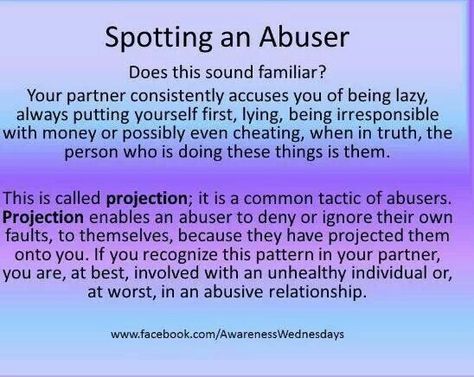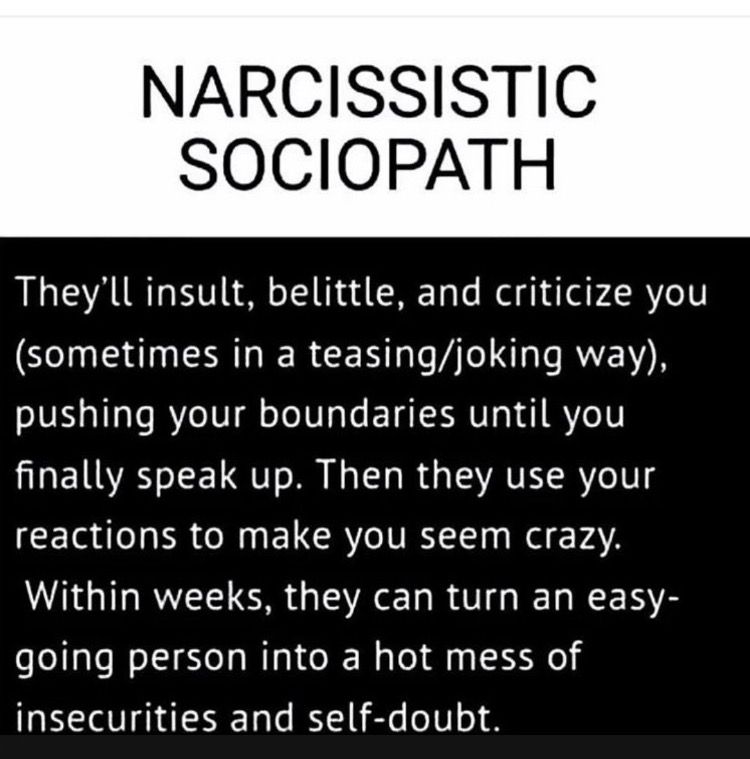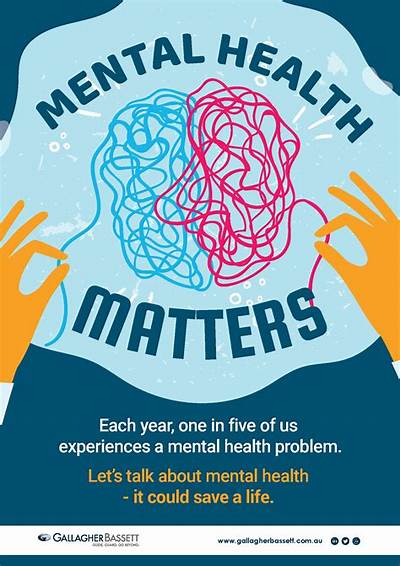How to stop being a control freak
4 Ways To Stop Being A Control Freak
I'm the first person to admit I'm a control freak. It's not like I can hide it anyway. If you've known me for even a short period of time, chances are you've seen me in action. And no, I'm not proud. Being a control freak isn't a good thing. In fact, some might call it downright annoying.
I used to make excuses for it: "I can't help it!" I'd say. "That's just the way I am!"
But, ya know what? That's not altogether true.
I know when I'm being overly controlling. I feel it. Just like an alcoholic yearns for one more drink, I crave control in any situation. I see myself jumping in, taking charge, directing the flow of traffic. It's cringe-worthy at times. And yet, I just continue to do it.
So recently, I decided to take control (release control) of the situation by exploring the causes and creating strategies for how I can improve my behavior. If you're in a similar boat, I encourage you to do the same. After all, being a control freak is even less likable than it sounds.
Why Am I Such A Control Freak?
Bigstock
So, is there a reason for this kind of character trait? (Note: we're not going to call it a "flaw." It's just a thing that could be improved, okay?) Where does it come from?
After a little research (and some self-reflection), I've discovered that most control issues stem from a few things.
See if any of the following statements ring true for you:
- I have incredibly high standards and I don't trust others to uphold them.
- I have high anxiety and taking a leadership role makes me feel more comfortable and calm.
- I have a fear of disorganization, failure, and chaos. If I'm in control and bad things happen, it's my own fault. And I trust myself more than others to keep the bad stuff away.
- I have a love of the spotlight.
 By taking control, I often get all the credit or appreciation for a job well done.
By taking control, I often get all the credit or appreciation for a job well done. - I have a big ego. I like to be in a position to show off my skills.
- I like to feel needed. Being the one in control makes my presence seem more important.
Obviously, the items on this list aren't very flattering. Don't worry; no judgment here.
It's also pretty easy to see that these issues might cause some problems.
What's Wrong With It?
Bigstock
I used to tell myself that being a control freak wasn't such a big deal. Only, it is. And here's why:
1. It Can Seriously Damage Your Relationships
Think about it: When you try to control every situation, even if it's not your intention, others start to worry that you don't trust them. They also get sick of following your lead. You may notice friends and family starting to pull away from you, getting irritated or exasperated. Or perhaps they've simply given up and accepted you're the one who gets control. That's not really fair to them and, ultimately, they could end up resenting you for it.
Or perhaps they've simply given up and accepted you're the one who gets control. That's not really fair to them and, ultimately, they could end up resenting you for it.
2. It Can Cause You Emotional, Mental, And Physical Stress
And most of the time, it's completely unnecessary! When we always feel like we have to be in control of the world around us every second of every day, we're adding a tremendous amount of pressure to our lives. We do it to ourselves and it's just not healthy.
So, What Can I Do?
Bigstock
If you're a control freak (like me), I have a few suggestions. These come from personal experience so trust me when I tell you they work. They're not all easy to do, but if you're dedicated to making a change, this is a great place to start.
1. Let Go Of Your Ego
Take yourself down a notch. You're great, but so are others. You have to share the spotlight and let others use their skills. Believe it or not, you're not the best at everything.
You have to share the spotlight and let others use their skills. Believe it or not, you're not the best at everything.
2. Delegate To Others
Start small. Train people how to do things if they aren't familiar. See what it feels like to rely on others to do the work. And enjoy how good it feels to watch them blossom with the added confidence you've shown in them.
3. Acknowledge You Can't Control Everything
Give yourself a break and learn to go with the flow now and again. Once you see everything works out just fine without your intervention, you'll get more comfortable with the idea.
4. Completely Give Up Control In One Small Area Of Your Life
Make a conscious decision to completely give up control in one small area of your life. Maybe you'll let others decide what's for dinner. Maybe you'll go on vacation without planning a single excursion. Maybe you'll just take a walk without knowing where you're going. Whatever you choose, let the circumstances and people around you take the lead. Bite your tongue, sit back, and relax. You're a passenger. Enjoy the view.
Whatever you choose, let the circumstances and people around you take the lead. Bite your tongue, sit back, and relax. You're a passenger. Enjoy the view.
Now, it's worth mentioning control isn't always a horrible thing. It's wonderful to take control at times, show off your leadership abilities and your decisive point-of-view. But there's a point where it goes too far. Put yourself in check regularly.
And, if you're constantly being told that you're a control freak, don't just write it off as an inescapable character trait. Take a few proactive steps to share the spotlight and hand the reins to someone else. Everyone, even you, will be better for it.
Do you need help taking control of your career?
We'd love it if you signed up for Work It Daily's Power Hour Event Subscription! Get your career questions answered in our next live event!
This article was originally published at an earlier date.
How to Stop Being a Control Freak
Last autumn, horrific wildfires raged near our home.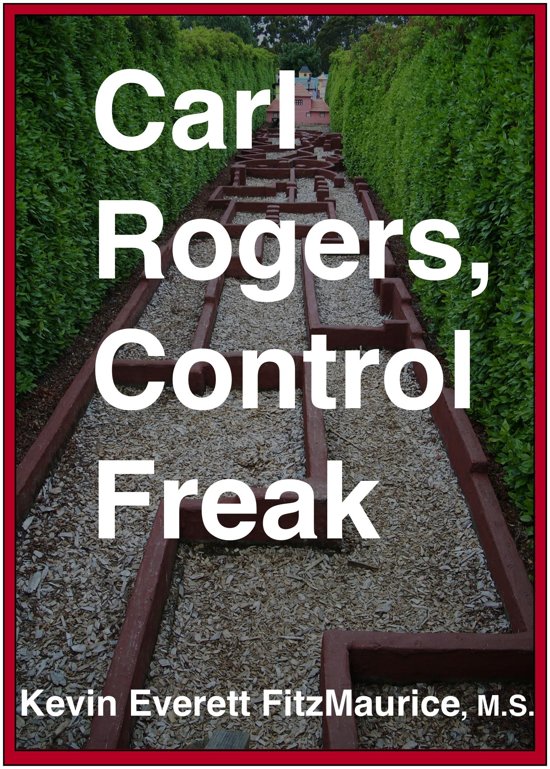 People we knew were losing their houses left and right. In the midst of disaster, I had to leave town for work.
People we knew were losing their houses left and right. In the midst of disaster, I had to leave town for work.
To make myself feel better, I typed up three single-spaced pages of detailed instructions for what my family should do in case of fire or earthquake. Which I then laminated. And posted in each of my kids’ bedrooms.
I then made my family practice an emergency evacuation. Tanner, age 15, volunteered to take care of the family heirlooms. I drilled him, dead serious: “Which are the high-priority photo albums?” Molly, 14, was drawing on her ankle with a ballpoint pen. “Molly! Pay attention! When you get Buster into the car, what else do you need to make sure you have with you?”
Advertisement XMeet the Greater Good Toolkit
From the GGSC to your bookshelf: 30 science-backed tools for well-being.
My husband rolled his eyes.
Until recently, I’d thought that I’d more or less conquered perfectionism. Perfectionism, I’d become fond of saying, is a particular form of unhappiness. I’d thank GOD I wasn’t a perfectionist anymore.
I’d thank GOD I wasn’t a perfectionist anymore.
Hah.
While it is true that I am no longer as afraid of making mistakes or disappointing others as I was in my youth, I have obviously not yet rid myself of perfectionism. I’ve just turned it outward, to the world, and especially to others. How am I trying to solve this problem of mine? Read on.
Inner turbulence, outer control
The more turbulent I am inside, the more I try to control what’s happening outside. Some people look away when chaos reigns; I dig in. I boss people around. I am aggressive about what I think is right.
Feeling like I am right, like I know what to do, delivers a hit of certainty in a world of unending and catastrophic natural disasters, in a country where mass shootings are commonplace and our hot-headed president brags about his ability to start a nuclear war.
But every time I try to control anything other than my own thoughts—the weather, my husband, my children—I’m sending a message to the world and the people around me that they are not good enough. This absolutely is perfectionism, and indeed, it is a particular form of unhappiness—one that spreads like wildfire.
This absolutely is perfectionism, and indeed, it is a particular form of unhappiness—one that spreads like wildfire.
This control freakish-ness indicates that I have problem with what researchers call “other-oriented perfectionism.”
I’m not alone. A new study published in Psychological Bulletin demonstrates that perfectionism is increasing over time: Today’s youth are more demanding of others, and they are more demanding of themselves. They also feel like other people (e.g., parents like me) are more demanding of them.
-
More on Perfectionism
Watch Christine Carter discuss how to let go of being perfect.
Learn how to stop being perfect.
Explore why we should embrace mistakes in school.
Discover how to help kids overcome fear of failure.
Like its close cousins “self-oriented perfectionism” and “socially prescribed perfectionism,” other-oriented perfectionism leads to nothing good. Although we often think that perfectionism is a cause of success—“I’m a bit of a perfectionist” is a socially acceptable humble-brag—research clearly demonstrates that perfectionism is often debilitating. A well-studied phenomenon, perfectionism is clearly associated with serious depression, chronic anxiety, and myriad health problems.
Although we often think that perfectionism is a cause of success—“I’m a bit of a perfectionist” is a socially acceptable humble-brag—research clearly demonstrates that perfectionism is often debilitating. A well-studied phenomenon, perfectionism is clearly associated with serious depression, chronic anxiety, and myriad health problems.
And “other-oriented perfectionism” comes with additional drawbacks: In intimate relationships, it is linked with “greater conflict and lower sexual satisfaction.” When I get bossy and controlling, the people around me feel defensive, or they feel wrong, or they feel a lack of control—nothing anyone ever wants to feel.
Being controlling is like a sugar rush: It might bring me a quick hit of tense certainty, but never lasting peace. This is because all control is false. Temporary at best. Life is inherently uncertain; we might hate that, but it’s true. We can be sure of only one thing: We will die. And we are usually not even in control of that.
How to surrender
Given this, why do I so consistently and diligently resist uncertainty by trying to get the world to do things my way? And what can I do instead of retreating back into perfectionism?
The opposite of perfectionism is acceptance. Not resignation, but surrender...to whatever is happening in the present moment. I know, I know: That sounds terrible to my fellow control freaks. Bear with me.
You may have heard the truism that what we resist, persists. This teaches us that we often prolong pain and difficulty through resistance. Perfectionism is a form of resistance to whatever is actually happening in the present moment. At its foundation, it is a rejection of the current reality.
Research by Kristin Neff and others shows that resistance increases our suffering, while acceptance—particularly self-acceptance—is one of the lesser-known secrets to happiness.
But this idea that we do better when we don’t resist difficulty is very counterintuitive. How do we even begin to stop resisting what hurts or what scares us?
How do we even begin to stop resisting what hurts or what scares us?
Behavioral science and great wisdom traditions both point us towards acceptance. It is strangely effective to simply accept that which we cannot control, especially if we are in a difficult or painful situation. To do this, we accept the situation, and also our emotions about the situation.
Instead of laminating instructions for exactly what to do during a disaster (because, you know, when the house is on fire that’s just what everyone needs), I could have let myself accept reality: We could, at some point, lose our home in a fire. And then I could just let myself feel the fear and anxiety I was actually already feeling.
This approach requires trust. Trust that if I’m still here, still breathing, everything is okay. Trust that even if I don’t give specific instructions, if I back off from trying to control everyone and everything, life will continue to unfold just as it’s meant to. Trust that even if it all goes to hell, even if other people make mistakes or do things differently than I would do them, that I can deal with the outcome, no matter what it is. Trust that I can handle all the difficult emotions that come up in response to what does or does not happen. Trust that I can handle loss and grief should it come.
Trust that I can handle all the difficult emotions that come up in response to what does or does not happen. Trust that I can handle loss and grief should it come.
“You know what to do now, in a fire or an earthquake?” I asked the kids a few weeks later.
“Pretty much,” Molly answered, looking up.
“What?” I asked.
“Depends what we’re dealing with. I’m in charge of Buster. I’ll get him to the meeting place.”
This is a good-enough plan…even though it does not account for some critical details.
Weirdly, this trust and acceptance thing works. When we suppress or deny our emotions (or distract ourselves from them by writing and laminating instruction manuals), they don’t actually go away. In fact, they tend to generate an even bigger physiological response, which makes us more, not less, anxious. But when we let ourselves feel what we feel, we can process what is happening for us. We don’t feel fewer challenging emotions, but we do feel them for less time.
For example, we might have a particularly difficult relationship with a neighbor or in-law. We can accept this as our reality, and also that we feel frustrated and saddened by the situation. This doesn’t mean that the situation will never get better; acceptance is not the same as resignation. We can work to make the relationship less difficult (or to be reasonably prepared in the event of a disaster), while at the same time accepting the reality that the relationship is very difficult. Maybe it will get better—and maybe it won’t.
Accepting the reality of a difficult or scary situation and our limited control allows us to soften. And this softening opens the door to our own compassion and wisdom.
And in this crazy and uncertain life, we human beings need those things.
Greater Good wants to know: Do you think this article will influence your opinions or behavior?
Submitting your rating
How much of a control freak are you?.
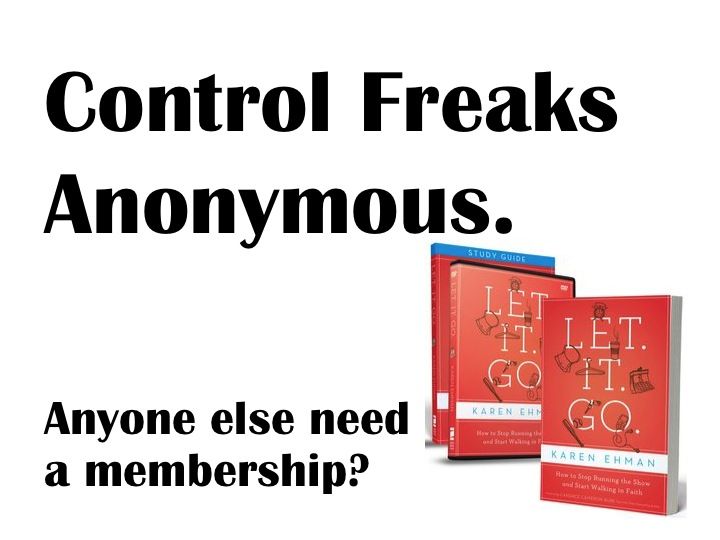 Article. All Trainings .ru
Article. All Trainings .ru - Control over people can be part of the norm of human behavior or it can be a pathology.
- People can learn to control themselves or others, usually roles learned in childhood.
- In relationships, people have a dance of low and high self-control.
- Relationships govern control through psychological projections.
Often we hear about the term "control freaks" that came up at the end of 1960s. These are people who compulsively seek to direct, manage, or otherwise be in charge of someone or something. Such people tend to be at the helm of decisions that affect themselves or others. Other labels for controlling people are tyrants, dictators, and oppressors.
Wikipedia says controlling people "try to dictate how things are done around them". Behind the desire for control may be anxiety, insecurity, or fear. Some control freaks suffer from clinical conditions such as obsessive-compulsive disorder, anxiety disorders, or personality disorders.
In their book Controlling People: The Paradoxical Nature of Being Human, psychologists Richard S. Marken and Timothy A. Carey point out that everyone has a desire to control—the paradox of human life. They advise each of us to learn how to live with the desire to control everything, and point out that when we try to control things and people that we cannot, we lose control.
Freaks of self-control
Some people are masters of intense and precise self control . They are over-organized, obsessive in style, and try to do everything with precise control. They cross out every "T" and dot every "I" in how they lead their lives. They expect to work perfectly and without errors. We find such people in our families, among friends and at work. I call such people all-powerful . They internalized their superhuman role in early childhood through a process of emotional conditioning.
Other control lovers
Some people can control other people . They have an authoritarian, demanding style of communication. They like to order others to behave according to their desires. It can be changeable whims - one in one minute, another in the next. They usually want other people to satisfy their own needs or desires. These people are in impotent roles. They depend on others to fulfill their desires and demands. They learned their helpless but demanding role of communication in childhood.
They have an authoritarian, demanding style of communication. They like to order others to behave according to their desires. It can be changeable whims - one in one minute, another in the next. They usually want other people to satisfy their own needs or desires. These people are in impotent roles. They depend on others to fulfill their desires and demands. They learned their helpless but demanding role of communication in childhood.
A dance of high self-control and low self-control
People who are passionately in control of themselves control their decisions and behavior precisely. They may also expect to act as "agents of control" for others who are out of control in their behavior and reactions. This creates a dance of control - one person exercises control over a helpless other person who often gets out of control.
Psychological projection as a control mechanism
The control dance takes place in the form of a projection. Unconsciously uncontrollable people project their helplessness in managing their lives onto others. These others know how to manage their lives - omnipotent, highly self-controlled people. They also believe and act as if they can control others. An all-powerful person with a high level of self-control accepts a projection - also unconsciously - and tries to satisfy the emotional needs of a powerless person with a low level of self-control.
These others know how to manage their lives - omnipotent, highly self-controlled people. They also believe and act as if they can control others. An all-powerful person with a high level of self-control accepts a projection - also unconsciously - and tries to satisfy the emotional needs of a powerless person with a low level of self-control.
A similar pattern of behavior can be seen in marriages when one of the spouses tries to piece together an uncontrollable spouse. He or she justifies or justifies the rude or incorrigible actions of the spouse towards others. They "remind" or "call" their spouses to behave better or act differently. They their somehow direct. They try to control or manage them because their spouses expect them to control what they don't want to control on their own.
Why being a controlling person fails
Of course it doesn't work. As Marken and Carey point out, one person cannot control another and act as a controlling agent. To be psychologically healthy, each person must take care of himself.
To be psychologically healthy, each person must take care of himself.
When we hear about control freaks and check further, we can identify these two types in our relationship - omnipotent and powerless controlling people. Taken to extremes, both are psychologically unhealthy. They create problems in relationships and leave gaps in being a better person.
Such coercive, manipulative roles release one person from responsibility for themselves and overwhelm the other partner in the relationship - the one who tries to control the lives of two people. This combination does not serve both people well. Only by discovering what type of control you seek and over whom, you can make the necessary changes in yourself for your own improvement.
Articles by the author
Question: What… Read more | History has shown that under the right conditions and with the right people, reliable cooperation can take place even in the most difficult circumstances. But the ability to cooperate is not a universal ability, and it is not easy to put it into practice. In too many cases, collaborative efforts quickly… Read more |
| Satisfying one's own emotional needs is an important basis for loving others.
|
See also
| ManGO! Games What is facilitation in the broadest sense? Why does facilitation mean "facilitate" and how can the principles of facilitation help make it easier to find solutions and make discoveries not only in business but also in everyday life? Can the principles of facilitation help a large number of different people to simplify the interaction ... Read more |
| Anna Egorova Employee recognition is one of the most powerful engagement and retention tools you have at your disposal. Salary is an important, but far from the only effective means of attracting, motivating and retaining stellar employees, the weakness of such a tool is that it is easy . |
| Tatyana Nikolaevna Arzhaeva Reflections aloudTatyana Arzhayeva: Many companies are now frantically trying to solve current, pressing problems. That's right. However, successful businesses love strategists, not tacticians, which means you need to think now about what the company will be like when the next wave of growth begins? Same… Read more |
| Svetlana Voitenko In recent dialogues about work and career, a remark was made: " An unhappy person cannot be a professional, because if he is unhappy, then he is unrealized. And not very professional". I exaggerate a little, but the three control points of the conversation - happiness, realization and professionalism - are in my opus ... Read more |
- VKontakte
Control freak: who is it, signs, how to fight
Published:
Some people want to control every little thing.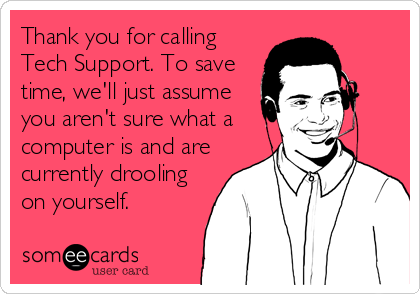 This behavior is characteristic of good leaders, but is often characteristic of stubborn and manipulative people. Experienced psychologists know how to avoid such a transformation and how to deal with manifestations of control mania.
This behavior is characteristic of good leaders, but is often characteristic of stubborn and manipulative people. Experienced psychologists know how to avoid such a transformation and how to deal with manifestations of control mania.
How to spot a control freak
If you want something done right, do it yourself. This phrase can most often be heard not from a responsible employee, but from a person with a mania of total control. What is it, what are the signs of such a disorder, and how to recognize a control freak in different areas of life?
Who is a control freak? The term was first used in the 1960s. It refers to a special type of personality. This is a person who is obsessed with control and seeks to control what is happening in all areas of life.
Any control freak is an anxious and insecure perfectionist who wants not only to make everything perfect, but to protect himself from possible experiences. Such a person chooses the sphere of panic and control, based on personal preferences. It can be:
It can be:
- household management;
- total control over family and loved ones;
- unnecessary perfectionism in the workplace.
The control freak lives by the principle “if I don't do it, they will definitely ruin everything” and takes on all the tasks. He does not think about the rationality of what is happening, nor about time costs.
Control freak: who it is, signs, how to fight: PexelsHow to recognize a control freak
According to psychotherapist Olga Miloradova, one of the most common signs of a person having control mania is perfectionism. In addition, the control freak gives out:
- 100% sure that everything is "tied" to him;
- attempts to control the situation, even if it does not depend on the person;
- desire to give advice and recommendations to others, even when they are not asked;
- presence of certain rituals;
- performance and constant voltage;
- distrust of people and inability to negotiate with them;
- intolerance for other people's mistakes;
- inability to delegate duties;
- clear planning and fear that something will go wrong;
- readiness for the worst case scenario;
- unwillingness to admit mistakes and accept constructive criticism;
- the desire to always be the first.

According to the behavior of people with mania of total control can be divided into several types:
- obsessive-compulsive personality;
- people with paranoid disorder;
- dependent persons;
- daffodils;
- hysterical personalities.
Depending on the type of behavior, the fears of control freaks differ markedly. For example, narcissists are afraid that others will find out about their imperfection, shortcomings, moral weakness. Dependent control freaks are afraid of being abandoned, therefore they control their partner in every possible way, manipulate them, follow them and put pressure on pity.
Where does control freak come from and why is it dangerous? The behavior of control freaks is often dictated by increased anxiety, fears and total parental control in childhood.
According to psychologist Ekaterina Lim, control mania is a kind of defense mechanism against subconscious helplessness and possible life upheavals.
Control freaks want to be in control of everything in their lives, from choosing clothes to completing work projects. If this is manifested excessively, then danger arises. The mania of total control leads to serious health problems, both physical and psychological.
Control freaks have:
- insomnia;
- high blood pressure;
- palpitations;
- chronic fatigue.
In addition, such people develop neurosis and mental illness.
To get rid of the mania of control, according to the practicing psychologist and hypnologist Elena Valyak, you need to recognize your tendency to total control.
In addition, you need to listen to yourself and evaluate what anxieties and fears provoke such behavior. For example, the way to control everything in the workplace may be dictated by the fear of losing a job and the fear of the unknown.
If you find signs of a controller in yourself, try loosening your grip:
- Relax and learn to let go of non-existent problems. Take a break from current affairs and take time for yourself. Running, mediation and yoga will help with this. Such activities contribute to relaxation, allow you to cope with irritability and tension.
- Stop deciding for others, don't give advice or tell your loved ones how to live if you are not asked about it.
- Delegate tasks. Do not do their work for other people and do not control every step. Learn to trust and shift to the environment (colleagues, household) part of the work.
- Be aware of the variability of what is happening. Not everything happens the way you want, life does not always follow a plan drawn up by a person. If you want to be prepared for unexpected twists and turns, make some plans or go back to doing the first item on this list.

- Learn to appreciate spontaneity, get out of your usual comfort zone. Go to new places, choose new routes, meet new people. Even if not everything goes according to a pre-prepared plan, you will get an unexpectedly pleasant result.
Unfortunately, in most cases, the control freak is not aware of the irrationality of his behavior. If such a person is nearby, gently, calmly and unobtrusively talk to him.
Leonid Krol, a psychologist and creator of the Coaching Workshop project, believes that the behavior of a control freak is not to be trifled with. According to the expert, to find a common language with such a person:
- Step into his shoes.
- Be polite but assertive.
- Give reasonable arguments.
Use the most tactful words and do not fall for the manipulation of a control maniac.
Control freak: who is it, signs of how to fight: Pexels The desire to keep everything under control in most cases is dictated by an attempt to escape from anxiety and the inability to trust others.

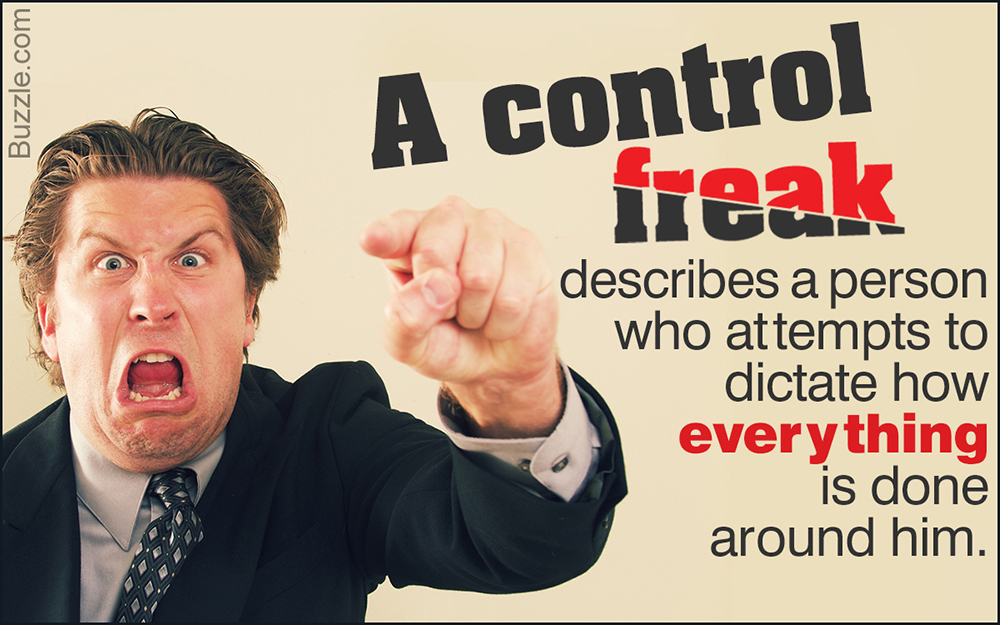
 .. Read more
.. Read more 


